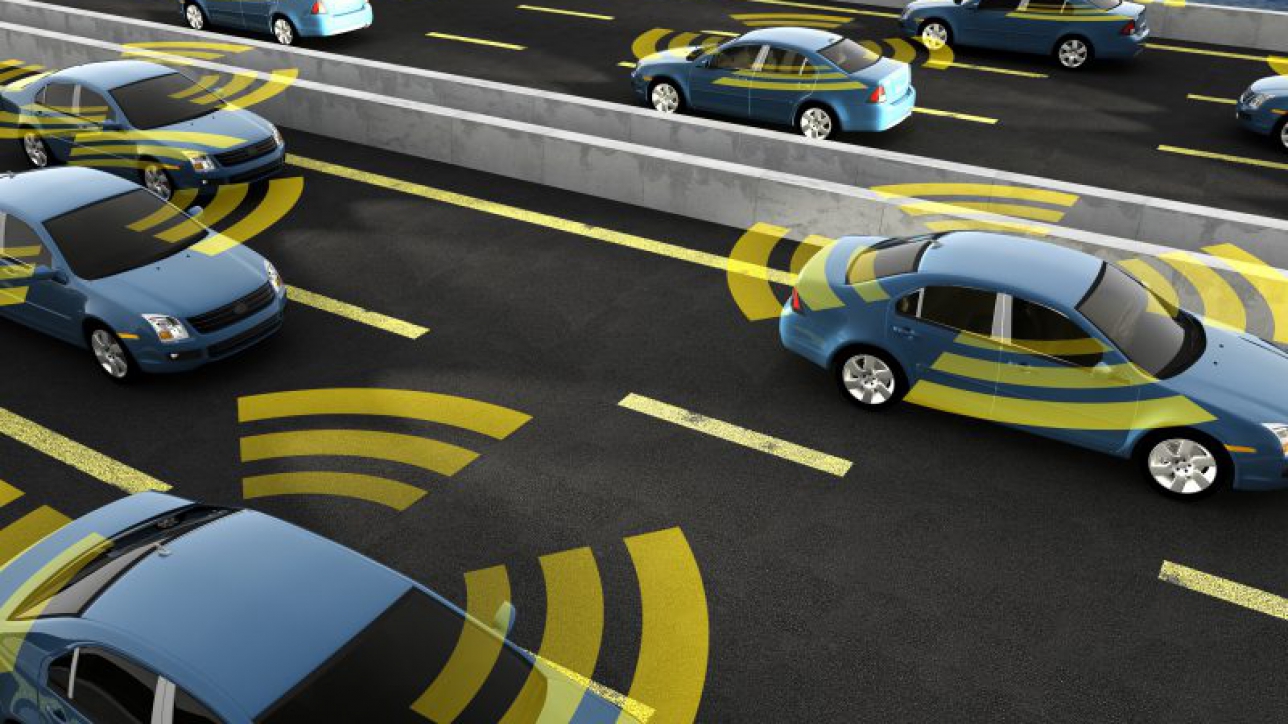Knowledge of Work Automation
- We define knowledge of work automation as the use of computers to perform tasks that rely on complex analyses, subtle judgments, and creative problem solving. […] These capabilities not only extend computing into new realms (for example, the ability to “learn” and make basic judgments), but also create new relationships between knowledge workers and machines. It is increasingly possible to interact with a machine the way one would with a co-worker. So, instead of assigning a team member to pull all the information on the performance of a certain product in a specific market or waiting for such a request to be turned into a job for the IT department, a manager or executive could simply ask a computer to provide the information. This has the potential to provide more timely access to information and raise the quality and pace of decision making and, consequently, performance.

Autonomous Vehicles
Vehicles that can navigate and operate with reduced or no human intervention.
An autonomous car is a vehicle capable of sensing its environment and operating without human involvement. A human passenger is not required to take control of the vehicle at any time, nor is a human passenger required to be present in the vehicle at all. An autonomous car can go anywhere a traditional car goes and do everything that an experienced human driver does.
| Component Technologies | Key Applications |
| Artificial intelligence, computer vision | Self-driving cars and trucks |
| Advanced sensors – e.g. Radar, Lidar, GPS | |
| Machine-to-machine communication |

ARTIFICIAL INTELLIGENCE (AI)
Artificial intelligence (AI) makes it possible for machines to learn from experience, adjust to new inputs and perform human-like tasks. Most AI examples that you hear about today – from chess-playing computers to self-driving cars – rely heavily on deep learning and natural language processing. Using these technologies, computers can be trained to accomplish specific tasks by processing large amounts of data and move objects
